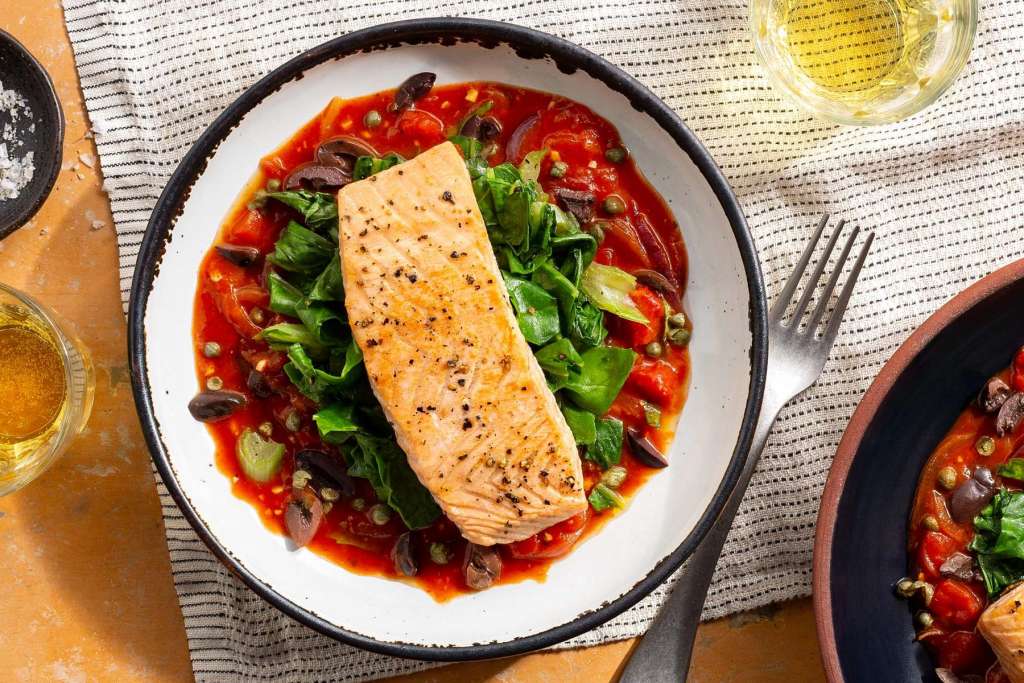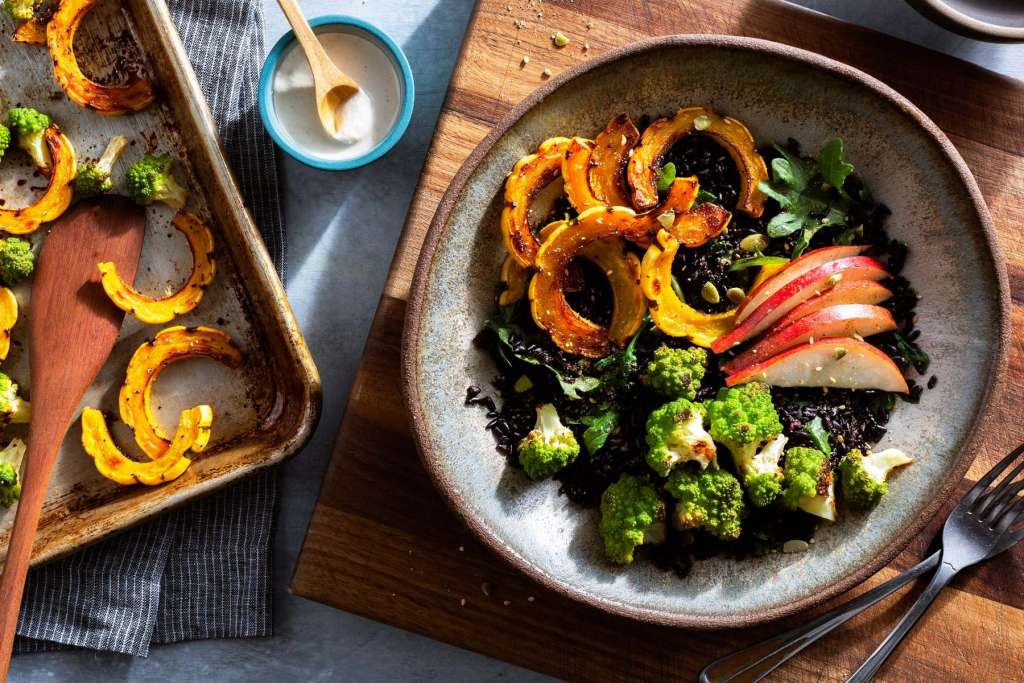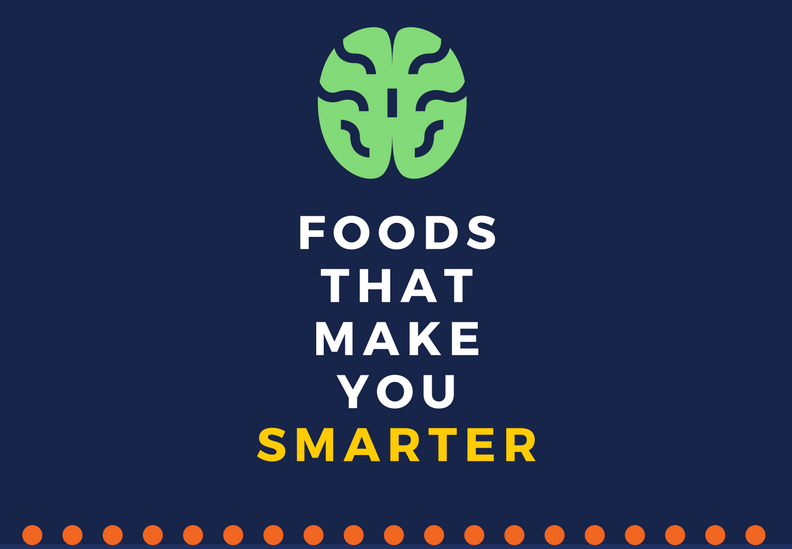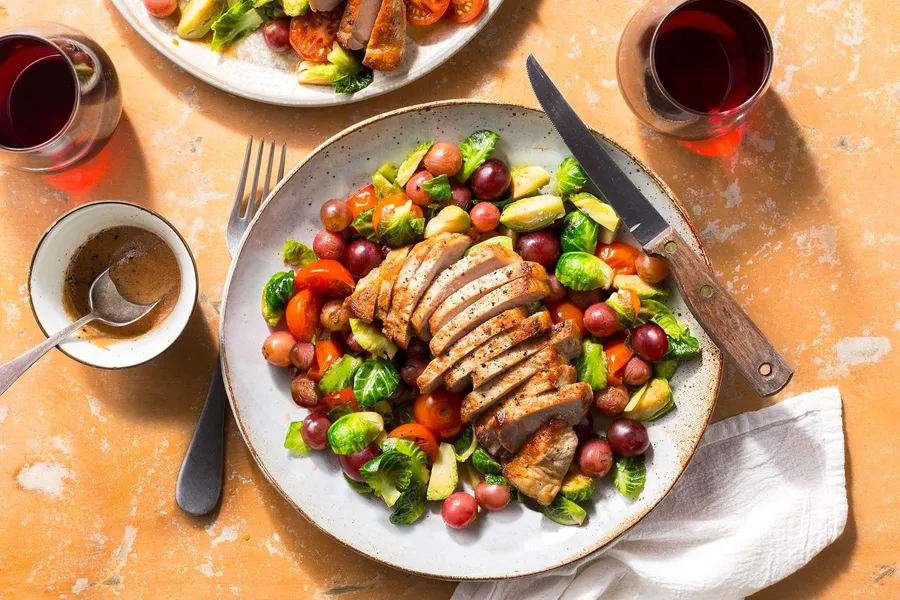The Truth about Fat

All month, Sun Basket’s Chief Science Adviser, Dr. David Katz is helping us sort facts from fictions and dispel myths about healthy eating. This week, he takes on the weighty subject of fats.
What’s the deal with fat? Should we limit it or load up on it?
The simple reality is that many diets associated with the best health outcomes are high in fat (see the traditional Mediterranean diet), while others, like some Asian and vegan diets, are quite low in fat. Both can be equally healthy because it’s not the amount of fat that determines whether or not a diet is healthy, it’s the quality of the food.
Rather than worry about whether to limit or load up on fat, you should focus instead on the wholesomeness of your food choices. If you’re getting a generous amount of dietary fat from olives, avocado, nuts, seeds, fish and seafood, the fat will be good for you, because those foods are good for you.
What are some of the most common myths about fat?
One myth is that fat is bad. That’s not just a little bit wrong; it’s a lot wrong. Some fats are actually essential nutrients; they’re, accordingly, called “essential fatty acids.” Your body isn’t capable of producing these nutrients on its own. Without them, you could be at risk of developing actual deficiency syndromes. In addition, the evidence is strong that replacing saturated fats with unsaturated fats from plants, as well as fish and seafood, can decrease the risk of heart disease.
Another myth is that all fats are good. That’s not true, either. Saturated fats from meat and dairy are still associated with inflammation and an increased risk of heart disease.
One thing that’s not a myth is that fat is the most calorie-dense macronutrient. Gram for gram, it delivers almost twice the amount of calories as carbohydrates and protein. But that isn’t a good reason to avoid eating fat. We know that calories don’t determine health and that fats have too many essential benefits to disqualify them from their place on your plate. Fats can aid in nutrient absorption, keep joints lubricated, help with hormone production and regulating body temperature. What’s most important, is to focus on the quality of the fats you consume.
So what types of fats should we be eating?
Unsaturated fat, which comes primarily from plants, is generally your best choice. Again, whole-food sources such as olives, avocados, nuts, and seeds, which tend to come with other healthy nutrients in addition to fats, such as vitamins, minerals, and fiber are the best bet for optimal health.
Saturated fats, which are found in some tropical plants like palm and coconut as well as in animal products, are associated with inflammation and an increased risk of heart disease and should play a smaller role in your diet.
Though artificial trans fats have been banned by the FDA, full compliance with the new regulations won’t happen for a few more years. There are still some hidden trans fats floating out there, mostly in processed foods. Avoid them as much as possible to reduce the risk of stroke, heart disease, and diabetes.
Sun Basket’s Head Dietitian, Lindsey Kane’s Tips for Embracing Healthy Fats
- Make Friends with Fats: The first step is to recognize that fats play an essential role in human health and there’s no reason to fear them.
- Quality > Quantity: Just like creating a strong, reliable network of friends, choosing the right fats is all about quality. Nourishing, whole food sources will always be the most life-enriching choice.
- Opt for Omega 3’s: It’s clear that inflammation fighting omega 3’s are essential to our health, and many of us aren’t meeting the daily recommended amount. Top your banana oatmeal with walnuts, sprinkle sea vegetables like nori into your stir-fries and add salmon to your regular dinner rotation.
- Let Plants Prevail: Fruits, vegetables, grains, and legumes all tend to be low in saturated fat and the fats they do offer, are composed of predominantly unsaturated fat. Let these plant foods, dominate your plate’s real estate. Shift plants to the center of your plate, and let meat, which is high in saturated fat, serve as more of a condiment or side dish. Or, try going meatless a few nights per week.









